Can you test for dehydration “in a pinch”?
When you feel thirsty, it’s a no brainer. You know to drink your water.

If you’re active, your body will tell you when you need to drink more water. But there are times when you could be dehydrated without even knowing it. For example, if you’re in a job where you sit for most of the day or spend the evening relaxing on the patio or the couch, your metabolic balance will be off. And as the minutes move on, you get more and more dehydrated.
So before the situation becomes serious, take note of what your body tells you. If you’re not going to the bathroom much, or if your pee is dark yellow, you need more water. Another indicator, a cramp when you try to move around.
We asked our expert, Dr. Johua Thurman, what doctors look for.
“The heart rate is often elevated in patients who are dehydrated. In a healthy person dehydration will usually not get severe enough that the blood pressure falls, but they might notice that it dips a little bit as they stand up.”
Skin Test for Dehydration
And they also use a simple skin test for dehydration that you can try at home:
“Doctors examine patients for dehydration by looking at the skin. They may pinch it up a little bit and observe whether it stays “tented up” or returns to normal. If it does not return to normal it may be a sign of dehydration.”

So, give it a try. Pinch the skin on your stomach or arm for a few seconds, and then let go. Are you dehydrated?
Dr. Thurman also tells us this test is less accurate in the elderly because the skin loses some elasticity as we age. And our ability to sense that we are thirsty also decreases, as we age. That’s why a smart water bottle is a great way to keep on track.
Once those thirst sensors are working as they should again, you should look and feel better, as your skin and body get the hydration you need.
ABOUT OUR EXPERT
Dr. Joshua Thurman, MD is a board-certified nephrologist and Professor of Medicine specializing in renal medical diseases and hypertension at the University of Colorado School of Medicine. He received his medical degree from the University of Chicago Pritzker School of Medicine and his undergraduate degree from Harvard University. He has been in practice for more than 22 years.
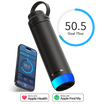

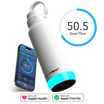

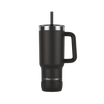

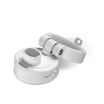
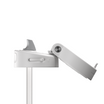
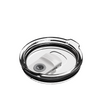



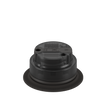


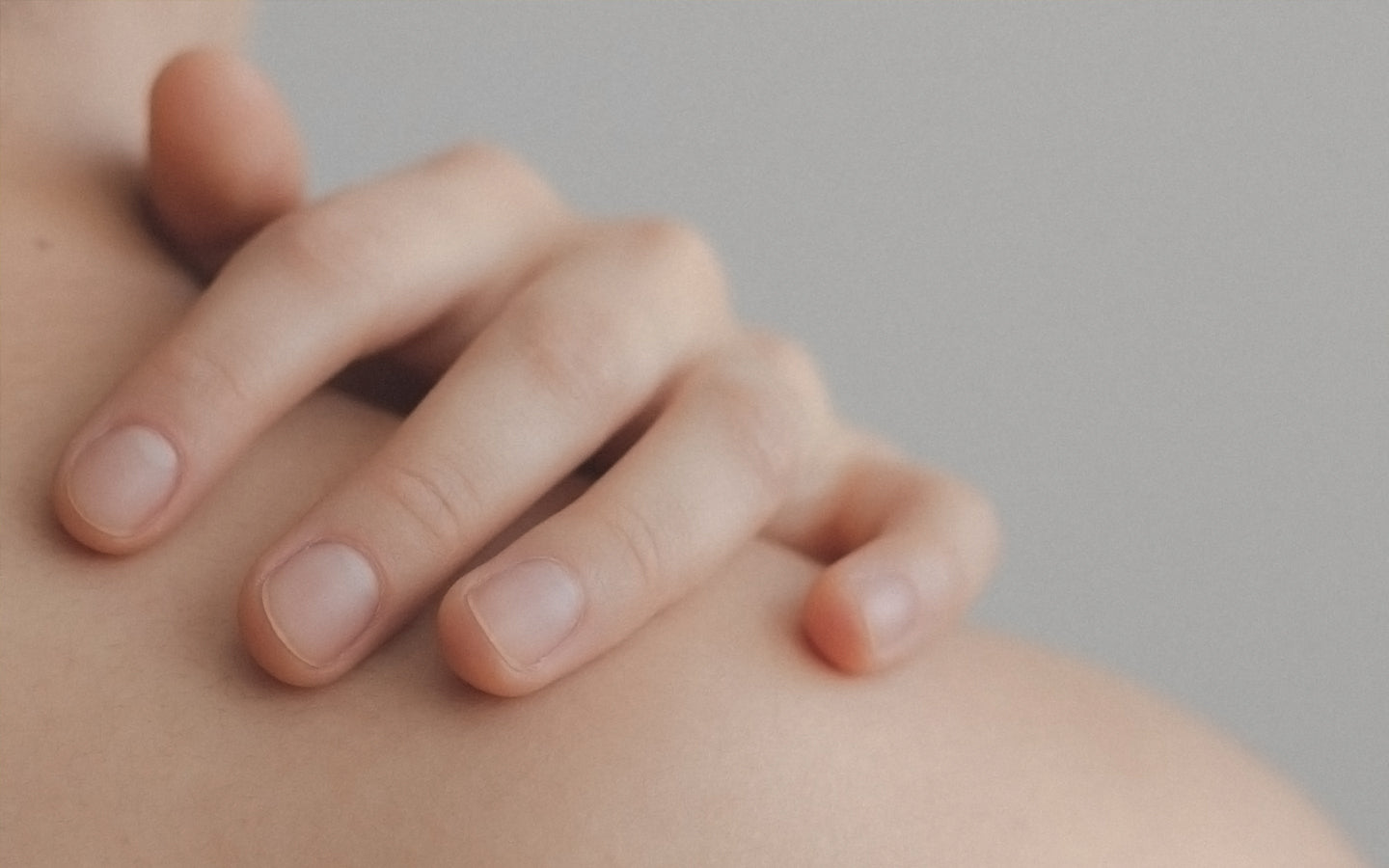

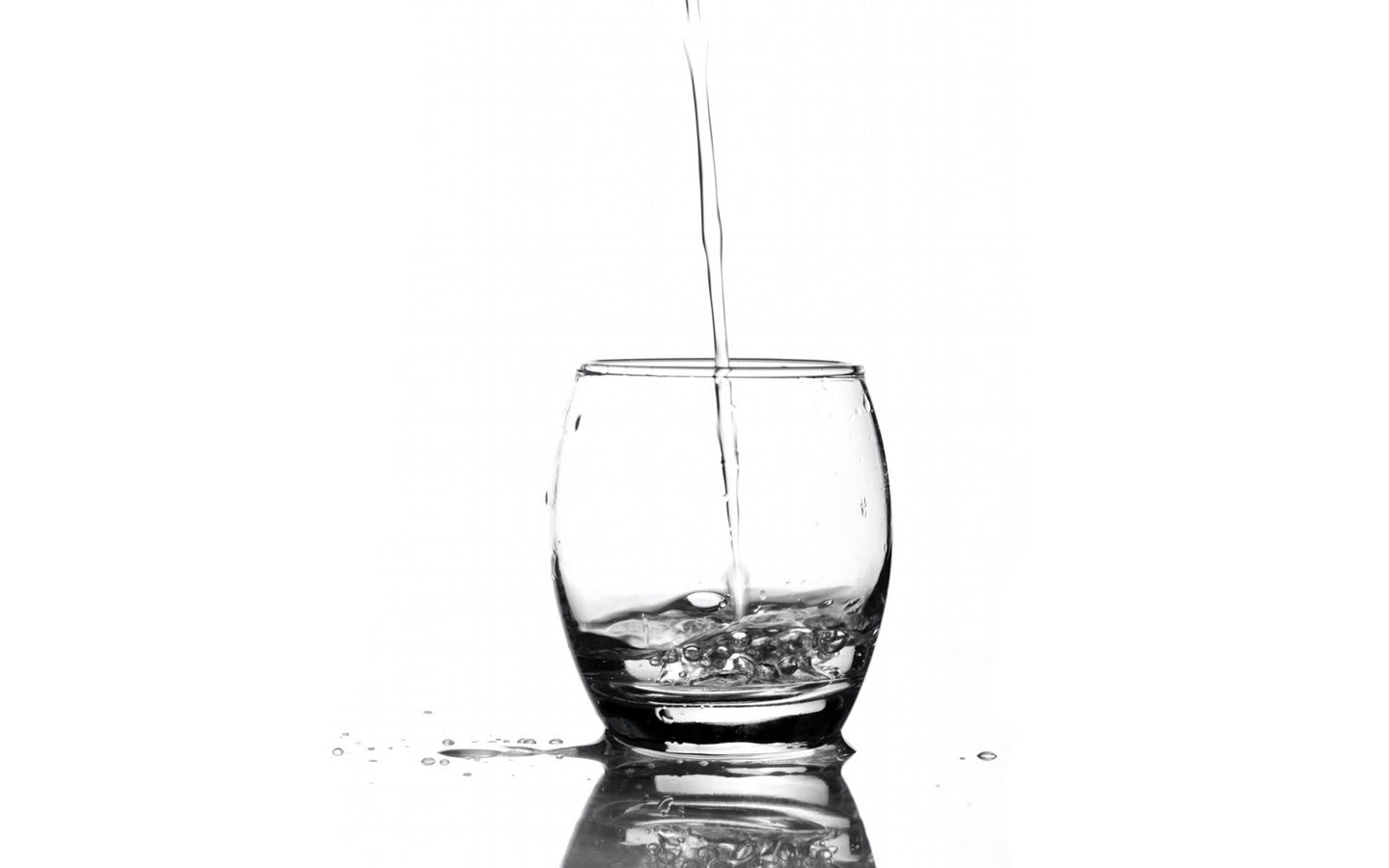

Leave a comment
This site is protected by hCaptcha and the hCaptcha Privacy Policy and Terms of Service apply.